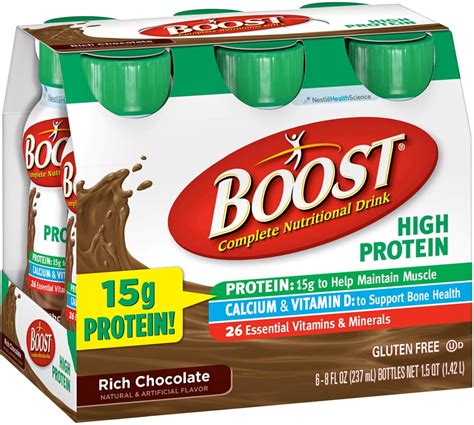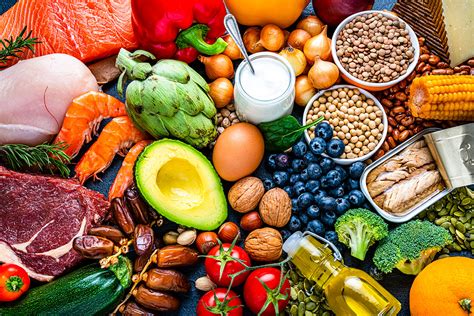Boost testosterone naturally for strength & vitality?

Unlock Your Natural Potential: Boosting Testosterone for Strength & Vitality
Testosterone, often hailed as the king of male hormones, plays a pivotal role far beyond just muscle mass. It influences energy levels, mood, libido, bone density, and even cognitive function. As men age, a natural decline in testosterone can lead to decreased vitality, making many seek ways to maintain optimal levels. While synthetic options exist, a growing body of evidence supports a natural, holistic approach to testosterone optimization. This article delves into science-backed strategies to naturally elevate your testosterone, helping you reclaim strength, energy, and overall well-being.

The Cornerstone of Health: Diet and Nutrition
What you eat forms the foundation of your hormonal health. A well-balanced diet rich in specific nutrients can significantly impact testosterone production.
- Healthy Fats: Cholesterol is a precursor to testosterone. Incorporate healthy fats from sources like avocados, nuts, olive oil, and fatty fish (salmon, mackerel) to support hormone synthesis.
- Zinc-Rich Foods: Zinc is crucial for testosterone production and helps prevent its conversion into estrogen. Excellent sources include red meat, shellfish (especially oysters), spinach, and pumpkin seeds.
- Vitamin D: Often called the ‘sunshine vitamin,’ Vitamin D acts as a steroid hormone in the body and has a direct correlation with testosterone levels. Get adequate sun exposure or consider supplements, especially in winter months.
- Limit Processed Foods & Sugar: High sugar intake can lead to insulin resistance and inflammation, both of which can negatively impact testosterone. Prioritize whole, unprocessed foods.
Exercise Smarter, Not Just Harder
Physical activity is a powerful lever for natural testosterone production, but the type of exercise matters.
- Strength Training: Lifting heavy weights, especially compound movements like squats, deadlifts, bench presses, and rows, has been shown to elicit significant acute and chronic testosterone responses. Focus on progressive overload.
- High-Intensity Interval Training (HIIT): Short bursts of intense exercise followed by brief recovery periods can also effectively boost T-levels and improve overall fitness.
- Avoid Chronic Endurance Training: While beneficial for cardiovascular health, excessive long-duration endurance training without adequate recovery can sometimes lead to decreased testosterone due to elevated cortisol (stress hormone) levels.

Prioritize Rest and Recovery
Often overlooked, quality sleep is non-negotiable for optimal hormone balance.
- 7-9 Hours of Quality Sleep: Studies show that even a week of restricted sleep can significantly lower testosterone levels in healthy young men. Aim for consistent, uninterrupted sleep to allow your body to perform crucial hormonal repair and production processes.
- Establish a Sleep Routine: Go to bed and wake up at similar times daily, even on weekends, to regulate your circadian rhythm.
Master Stress Management
Chronic stress is a testosterone killer. When you’re stressed, your body releases cortisol, which directly competes with testosterone for production and receptor sites.
- Mindfulness & Meditation: Practices like yoga, meditation, and deep breathing can significantly lower cortisol levels.
- Hobbies & Relaxation: Dedicate time to activities you enjoy that help you unwind and de-stress.

Lifestyle Adjustments for Hormonal Health
Beyond diet and exercise, several lifestyle factors contribute to testosterone levels.
- Maintain a Healthy Weight: Obesity, especially abdominal fat, is strongly linked to lower testosterone and higher estrogen levels. Losing excess weight can significantly improve your hormonal profile.
- Limit Alcohol Consumption: Excessive alcohol intake can disrupt the endocrine system and impair testosterone production.
- Avoid Endocrine Disruptors: Be mindful of exposure to chemicals like BPA (found in some plastics) and parabens, which can mimic estrogen in the body.

Consider Targeted Natural Supplements (With Caution)
While food should be your primary source of nutrients, certain supplements can support testosterone production when deficiencies exist. Always consult with a healthcare professional before starting any new supplement regimen.
- Vitamin D3: Especially if sun exposure is limited.
- Zinc & Magnesium: Common deficiencies can impact T-levels.
- Ashwagandha: An adaptogenic herb shown to reduce stress and may improve testosterone.
- Fenugreek: Some studies suggest it can support free testosterone levels.

The Path to Enhanced Vitality
Boosting testosterone naturally is not about finding a single magic bullet, but rather embracing a holistic approach to health. By consistently implementing strategies related to diet, exercise, sleep, stress management, and mindful living, you can create an optimal environment for your body to produce and utilize testosterone effectively. This commitment to natural optimization can lead to not just improved strength and energy, but a profound enhancement in your overall vitality and quality of life.









